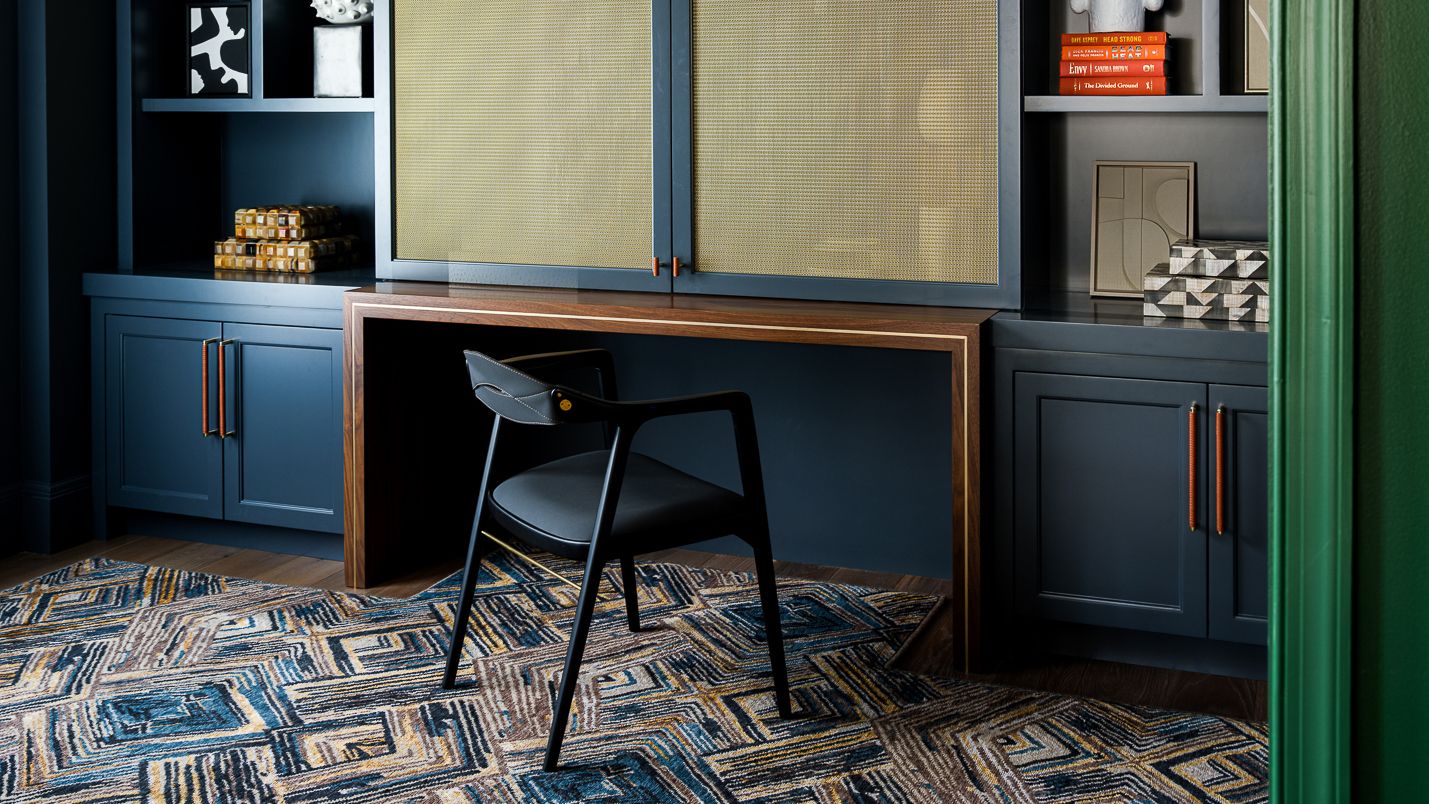Clear These 6 Common Things to Improve Your Home’s Feng Shui
:strip_icc()/BHG_PTSN19550_preview-b74f31ceadc04073957114c1e679c41d.jpg)
Professional organizers strive to make their clients’ spaces as peaceful as possible. Can you guess the major thing that keeps them from having a harmonious home? Clutter. Clutter is more than just messy and annoying; it also blocks the flow of energy and can disrupt the balance that feng shui aims to create—and it’s not the only culprit. Feng shui experts reveal what else we should avoid keeping in our spaces.
Some of their suggestions were obvious (yet very common in most homes), while others may be news to you. Learn what those good energy-blocking things are, find out why, and discover how to rid your house of them to improve the energy of your space.
- Kristina Hollinger is a Chicago-based author and feng shui expert who has been featured on HGTV.
- Alejandra Brady is an interior designer and feng shui expert at Casa Shui Life, a boutique firm offering feng shui consultations for homes and personal spaces.
What is Feng Shui?
Feng shui, an ancient Chinese practice, focuses on creating a harmonious flow of energy, known as chi. In home design, this means arranging your space to promote balance, clarity, and well-being. This involves everything from furniture placement and color choices to selecting which items to keep or remove.
1. Clutter
Kristina Hollinger, a feng shui expert, notes, “Feng shui is all about creating balance, harmony, and opportunities in your life.” For energy to flow freely, reducing clutter is crucial, as it represents blocked energy. This is particularly important in entryways, where clutter can accumulate.
Alejandra Brady, another feng shui consultant, explains, “Think piles of shoes by the front door. Keep clutter at bay, especially at eye level, as it adds to stress and anxiety.” Begin with a storage solution in the entryway, and then tackle closets, the pantry, and other areas where items that no longer bring joy may collect.
2. Oversized Furniture
Furniture that is too large for a space can make your home feel cramped and unbalanced. Kristina Hollinger advises, “The key is to harmonize, not overwhelm, and to always infuse your space with positive energy and intention.” For instance, a large sofa may seem comfortable, but if it barely fits in your living room, it can throw off the room’s energy.
To promote harmony, choose furniture that fits well within your space and matches your room’s style and purpose. As Hollinger says, “Feng shui is about balance and intentional placement.”
Tip: When arranging furniture, make sure to leave space for movement. Aim for at least 18–24 inches of clearance in walkways to improve flow and functionality.
3. Sharp Edges
Sharp or pointed edges in your home can disrupt the harmonious flow of feng shui. And, our brains naturally associate sharpness with danger, which can disturb a room’s peaceful energy. Conversely, round edges facilitate smoother energy flow. This is why curved furniture is popular; it softens a room’s energy and promotes a sense of calm.
4. Broken Belongings
Non-functioning items like broken appliances or electronics can hinder positive feng shui. Alejandra Brady notes that even something small, like a burnt-out bulb, can symbolize neglect and emit negative energy. A broken clock is especially problematic, as it symbolizes time standing still. Make it a priority to repair these items or discard those beyond repair to maintain a positive flow of chi.
Tip: If you’re attached to a broken item, try repairing it with creativity and care. Techniques like visible mending, such as using colorful stitches for fabric or kintsugi-style gold glue for ceramics, can honor an object’s story and restore its positive energy.
5. Dying Plants
Like broken items, dying houseplants can give off a feeling of neglect. Learn how to revive struggling plants and remove those beyond saving. Then, boost your home’s energy by adding fresh flowers or choosing plants that symbolize good fortune and gratitude, suggests Alejandra Brady.
6. Items with Negative Energy
Not all clutter is physical. Some items carry emotional weight that can disrupt your home’s energy. From a feng shui viewpoint, belongings linked to negative memories or stressful periods can keep that energy in your space. This includes photos, cards, or gifts from tough times. Even artwork can affect your home’s energy. Dark, chaotic, or violent images can bring heaviness or unease, especially in areas designed for rest. Instead, choose art and objects that uplift you and reflect the life you desire.
As Kristina Hollinger reminds us, “Your home is a reflection of your inner world. With mindful adjustments, you can cultivate a space that brings joy, peace, and prosperity.”
link



:max_bytes(150000):strip_icc()/GettyImages-1007782830-d50d06cd56bc4a1e89965a77dcd837c9.jpg)

